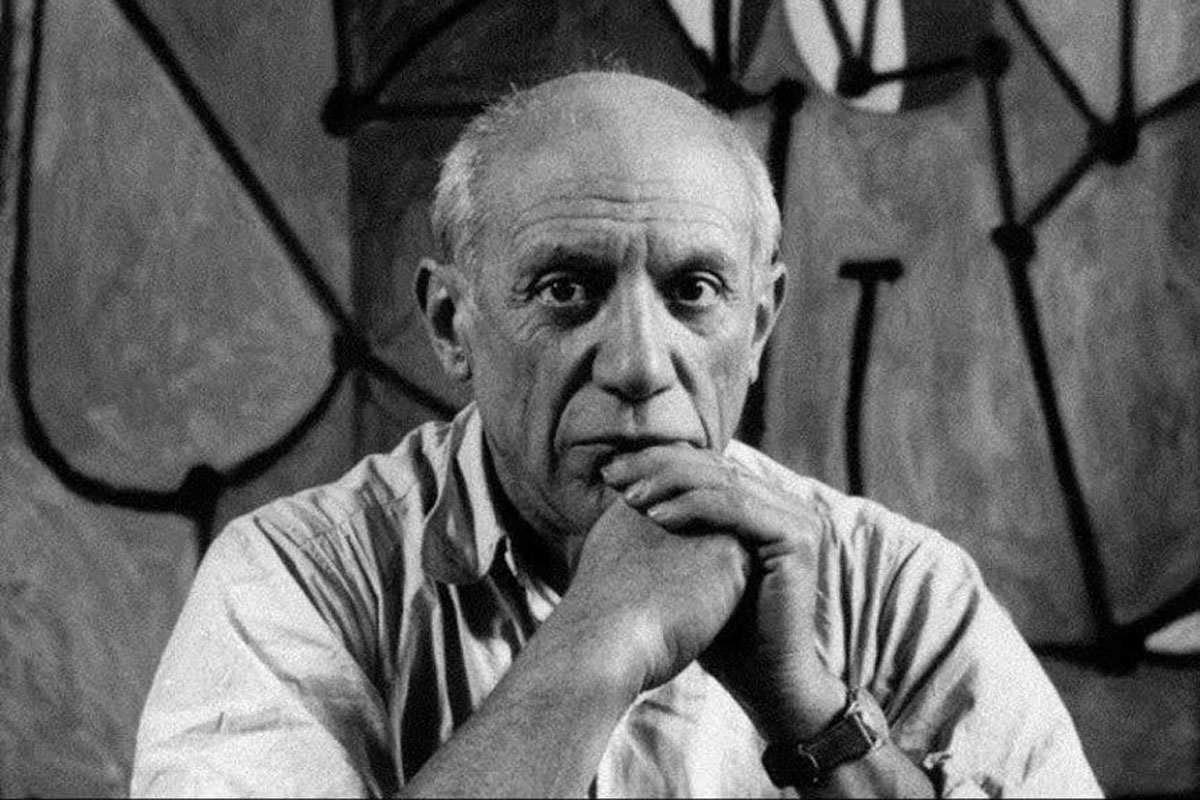This series of articles seeks to examine the character attributes of highly successful leaders, regardless of their adherence to a strong faith or moral standard. In presenting these thoughts, Leadership Ministries is not agreeing with or advocating these traits or practices, but rather presents these as ideas for discussion and development in your own leadership journey.
Ludwig van Beethoven (1770 – 1827) was a German composer and pianist. He is among the most admired classical composers in history, and the melodies of his great symphonies and sonatas are recognized around the world.[1] Beethoven’s Symphony No. 3 in E Flat, op. 55, also called the Sinfonia Eroica, or the heroic symphony, is perhaps his most defining work. The work’s stark and surprising harmonies, melodic directions and registral shifts redefined instrumental music.[2] This symphony, as well as his later works, influenced composers like Schubert, Berlioz, Wagner and Mahler. Beethoven would shape the sound of music for more than a century.
Overcome challenges. Beethoven grew up in Bonn, Germany, and was taught music by his father. Beethoven’s father was a harsh, abusive man with very high standards who was also a drunk. Ludwig was often deprived of sleep and beaten for the slightest mistake. Beethoven, though, did not let his father rob him of his personal interest and desire to make great music. He struggled with math and reading at school, and withdrew from formal education at age 10 to study music full time with opera composer Christian Gottlob Neefe. Ludwig published his first composition at age 12. His father’s constant pushing for excellence led Beethoven to continue learning from the great musicians of his time—Hadyn, Schuppanzigh, Salieri.
Beethoven began losing his hearing as a young adult. By age 30, he acknowledged that his hearing had gotten much worse and was in a state of depair. Though he struggled greatly, it was during this time that he produced some of his greatest works, including his Ninth Symphony. At the first public performance in 1874, Beethoven was present and acting as conductor, but could hear nothing. A Time magazine article from 1932 states, “He did not sense the applause which came afterwards until one of the soloists, a Fraulein Caroline Unger, turned him around so that his eyes could take it in. The music passed into the background then. The demonstration took a sudden, emotional turn as the people started shouting, beating their palms together still harder in an effort to assure the fierce-looking little man of their sympathy, their appreciation.”
Keep on working. Though musicians today consider Beethoven a genius with immense innate talent, Beethoven himself considered his success as a musician due entirely to hard work. Ludwig gave little thought to his appearance and often appeared disheveled. He arrived late for appointments and had a difficult personality. He worked tirelessly, completing his opera Fidelio while he was sick in bed. He took criticism well, though, and would take feedback and rework his pieces to perfection, unafraid to change a work until it he was satisfied it was his best effort.
Beethoven’s notes and compositions were often very messy and difficult to read. Photo: Public Domain
Beethoven wrote nine symphonies and numerous other works. His music is usually divided into three periods: his early work (1770-1802), when he mastered the musical genres of his time, his middle period (1802-1816) when he asserted his individual musical style, and finally his later works (1816-1827) when his music grew more introspective.[3] Beethoven was methodical in his writing, keeping many notebooks with sketches and his musical compositions. His copious notes helped him organize his works, where each part related to the whole. He regarded a symphony as a narrative story or drama.
Unlike other colleagues who relied on royal commissions, Beethoven sold his music to publishers directly. Court musicians produced music on demand from royalty. Beethoven, on the other hand, produced music as he wished and was compensated based on the volume of his work. If people liked his work, he made good money. This gave him much wider exposure and his fame grew. It also changed the financial model for musicians from that point forward.
Believe in yourself. Beethoven became supremely confident in his musical tastes and abilities. His personality became as legendary as his music. He once wrote to a patron, Prince Lichnowsky, “Prince, what you are, you are through chance and birth; what I am, I am through my own labor. There are many princes and there will continue to be thousands more, but there is only one Beethoven.”[4] Ludwig considered himself the best composer in the world—and he was. Aristocrats loved his music, and he received various stipends. Beethoven would have been comfortably wealthy, but was a poor money manager and was destitute at several points in his career.
Beethoven fell ill in December 1826, and had several operations on his abdomen. He was bedridden following these procedures and died in March of the following year at age 56. An autopsy revealed significant liver damage due to Beethoven’s heavy alcohol consumption. His funeral procession in Vienna was attended by more than 10,000 people.
[1] https://en.wikipedia.org/wiki/Ludwig_van_Beethoven
[2] https://www.esm.rochester.edu/beethoven/symphony-no-3/
[3] https://wwnorton.com/college/music/concise-history-western-music4/ch/17/outline.aspx
[4] https://www.leaderonomics.com/articles/leadership/leadership-lessons-from-ludwig-van-beethoven
Cover photo: Shutterstock

































Michael Jordan is a former professional basketball player and businessman. He played 15 seasons in the NBA and won six NBA championships with the Chicago Bulls.